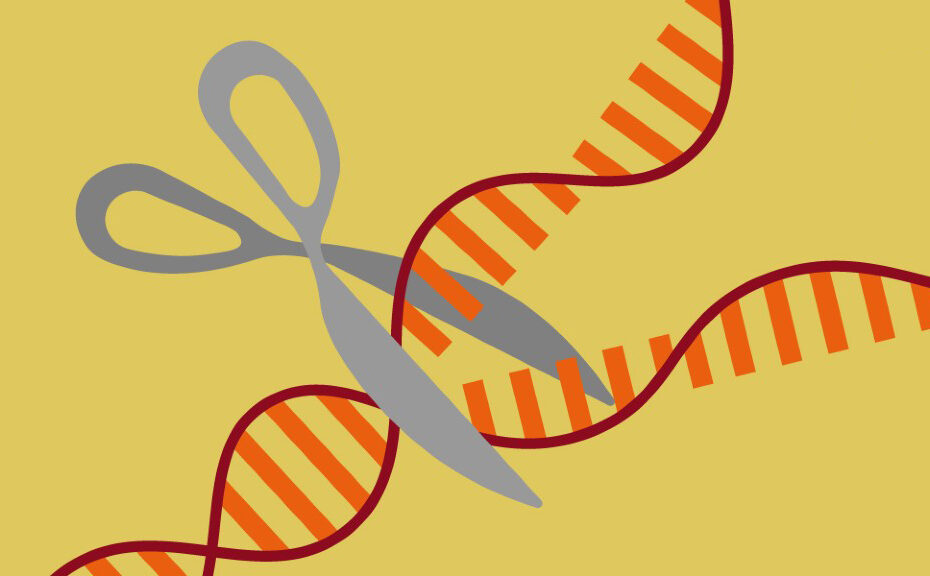Introduction:
Diabetes, a prevalent and often challenging health condition, has long been considered a result of genetic predisposition. However, recent scientific advancements in the field of epigenetics have opened up new possibilities for understanding and potentially altering our genetic destiny. Epigenetics to Remove Diabetes from Genes. In this blog post, how to use epigenetics to remove diabetes from your genes we explore the fascinating world of epigenetics and its potential role in mitigating the impact of diabetes on our genes.
Understanding Epigenetics:
Epigenetics refers to the study of changes in gene activity that do not involve alterations to the underlying DNA sequence. Instead, it focuses on modifications to the structure of DNA or the proteins with which it interacts, influencing how genes are turned on or off. This dynamic aspect of our genetic code means that our lifestyle choices and environmental factors can be crucial in shaping our genetic expression.
The Diabetes-Genetics Connection:
Genetics undoubtedly plays a role in diabetes susceptibility, with certain genes increasing the risk of developing the condition. However, epigenetic factors can modulate how these genes are expressed, potentially offering a path to reduce the risk or impact of diabetes on an individual level.
Epigenetic Interventions for Diabetes:
- Nutrition and Diet:
- Certain nutrients, like folate, B vitamins, and polyphenols, have been linked to positive epigenetic changes. Including a variety of fruits, vegetables, and whole grains in your diet can contribute to a healthier epigenetic profile.for more info check this link:https://www.thamara20.com/categorized/diabetes-rice-consumption-tips/
- Physical Activity:
- Regular exercise has been shown to induce beneficial epigenetic modifications. It not only aids in weight management but also positively influences insulin sensitivity and glucose metabolism.
- Stress Management:
- Chronic stress can have negative impacts on our health, including epigenetic changes related to diabetes risk. Incorporating stress-reducing practices such as meditation, yoga, or mindfulness can potentially mitigate these effects.
- Sleep Quality:
- Adequate and quality sleep is essential for overall health and may influence epigenetic factors related to metabolic health. Establishing a consistent sleep routine and addressing sleep disorders can positively impact diabetes risk.
- Epigenetic Therapies:
- Ongoing research is exploring specific drugs and interventions that target epigenetic mechanisms associated with diabetes. While these are still in the experimental stage, they hold promise for the future.
Conclusion:
Epigenetics provides a new perspective on how we can influence our genetic predisposition to diabetes. By making informed lifestyle choices and potentially exploring emerging epigenetic therapies, individuals may have the power to positively impact their genetic expression and reduce the risk or severity of diabetes. Epigenetics to Remove Diabetes from Genes However, it’s crucial to approach these strategies with guidance from healthcare professionals and to stay informed as the field continues to evolve. As we delve deeper into epigenetics, a future where we can modify our genetic destiny becomes an exciting possibility in the fight against diabetes.
